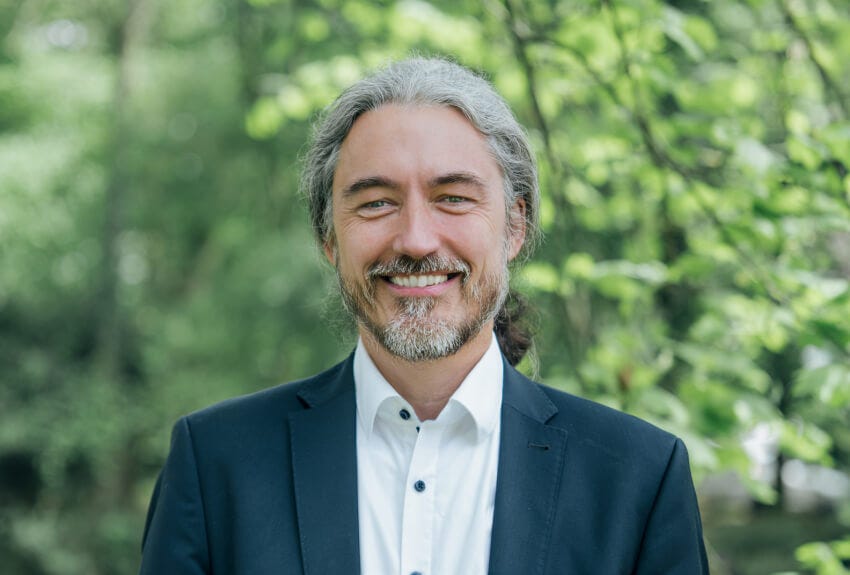How Do We Work with Our Darkest Energy? (Thomas Hübl, PhD)
Listen now (51 mins) | "We know that we can't resolve everything at once, but that's also not what life asks of us. Life says, make a step, step on the ground that appears."
You can also listen to this episode on Spotify, or wherever you get your podcasts.
Thomas Hübl is back for the third part of a series we’ve decided to undertake. If you missed part one and two, I’d recommend giving them a listen, though there is no test, and you’ll be able to stick with us. Thomas is one of my favorite healers and teachers to talk to be…
Keep reading with a 7-day free trial
Subscribe to Pulling the Thread with Elise Loehnen to keep reading this post and get 7 days of free access to the full post archives.





